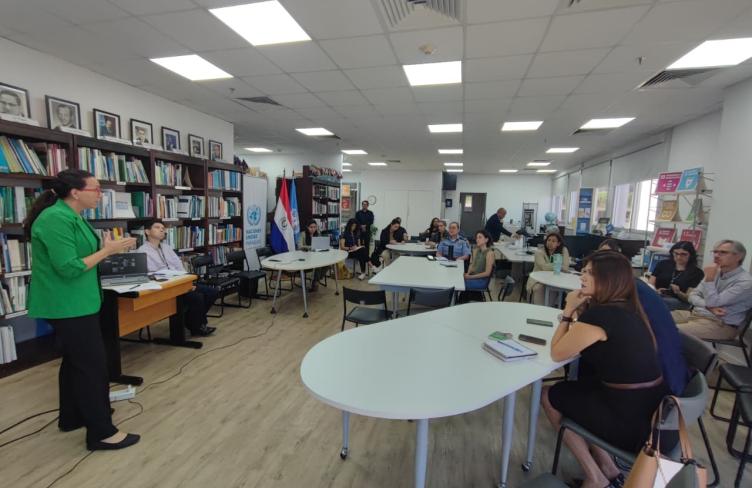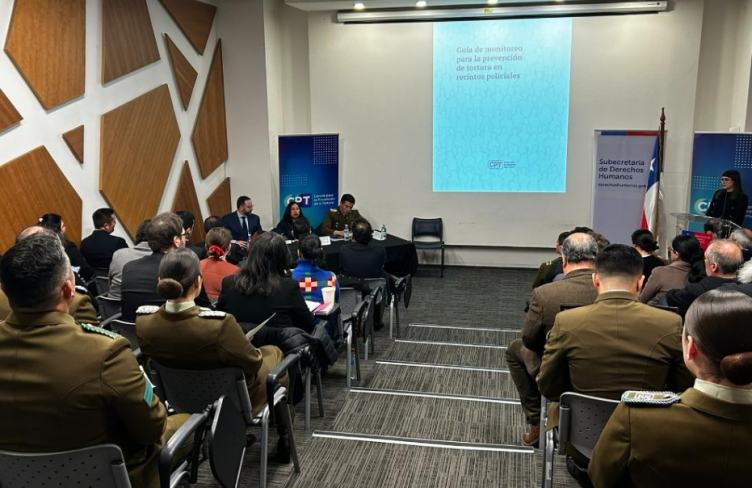The recent adoption of the EU “Guidelines to promote and protect the enjoyment of all human rights by Lesbian, Gay, Bisexual, Transgender and Intersex (LGBTI) persons” will provide a welcome opportunity to enhance the protection of LGBTI persons, notably in places of detention. EU institutions and member states now need to make every effort to implement this new instrument, in cooperation with civil society.
The new Guidelines address for the first time at the EU level the enjoyment of all rights by LGBTI persons based on the principle of the universality of human rights. They are a direct output of the “EU Strategic Framework and Action Plan on Human Rights and Democracy”, of June 2012, which tasks the EU to develop public guidelines on LGBTI persons as well as to develop a strategy on this issue with third countries.
The APT welcomes the opportunity that was given to external actors to comment on the draft of the Guidelines. Our contributions regarding the situation of LGBTI persons deprived of their liberty were to a large extent included in the final version. The Guidelines integrate our suggestion that EU representatives should contact independent visiting bodies to assess the situation of LGBTI persons in detention, as well as our recommendation to encourage the establishment of independent detention monitoring bodies, notably by ratifying the OPCAT.
The suggestion to include reports of international, regional and national detention monitoring mechanisms as sources of information regarding the way LGBTI persons are treated by security forces is integrated in the annex to the guidelines.
Link to Guidelines on torture
The adoption of the Guidelines represents a concrete implementing measure of the 2012 EU Action Plan on Human Rights and Democracy. The EU now needs to move forward on the implementation of other measures in the Plan, particularly those related to torture.
The APT calls on the EU to pay particular attention to the Guidelines provisions on an integrated approach to implementing all EU human rights guidelines, and build bridges, when relevant, between the EU guidelines on torture and the LGBTI guidelines with regards to deprivation of liberty. We will contribute to disseminate these Guidelines, participate in assessing their implementation and contribute to other EU initiatives related to the protection of LGBTI persons in detention, such as the current draft roadmap against homophobia and discrimination on grounds of sexual orientation and gender identity.



